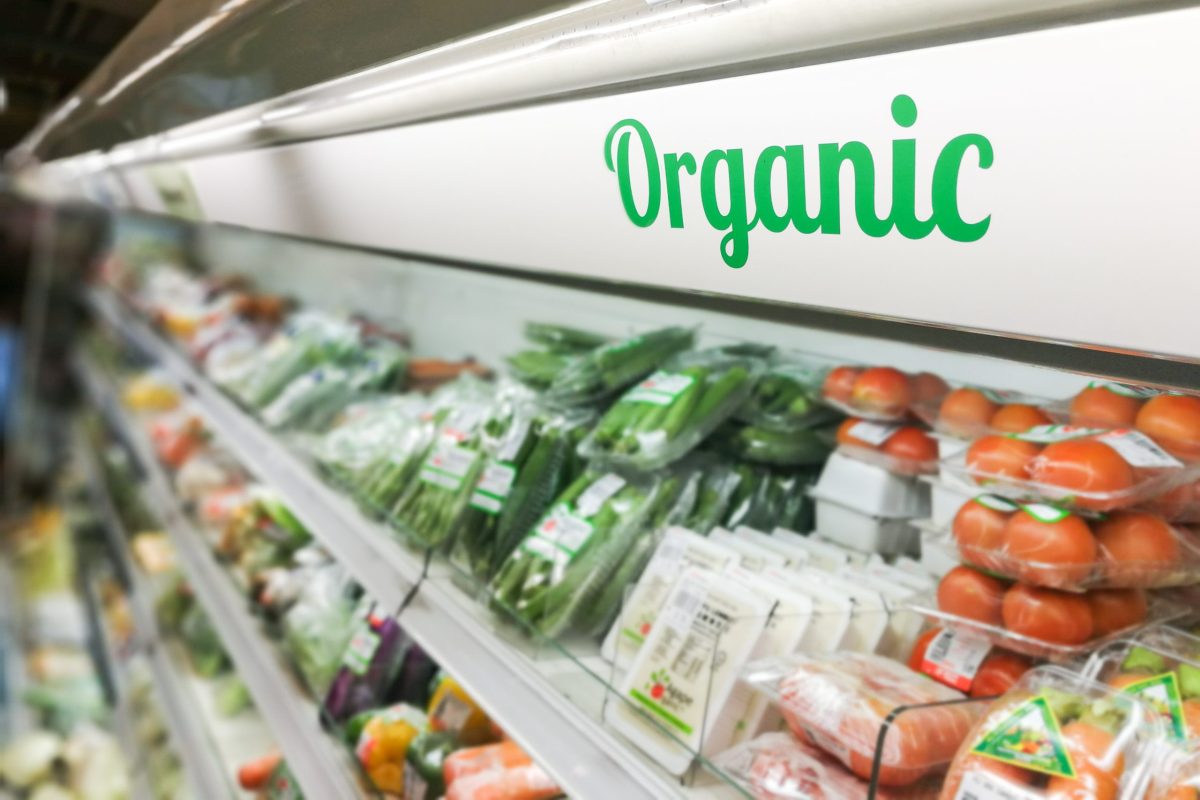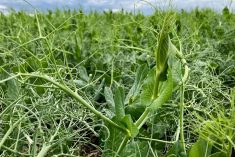A coalition of Canadian organic groups are asking the federal government to adopt their public-private plan for sector growth and competitiveness.
Why it matters: The Canadian organic market is a $9.75 billion industry as of 2024, making it the fifth largest in a global market now worth more than $200 billion.
“Organic agriculture represents one of Canada’s most underused economic opportunities,” said Karen Murchison, executive director of Canadian Organic Growers, in a news release.
Read Also

China to buy 12 million metric tons of soybeans this season, Bessent says
U.S. Treasury Secretary Scott Bessent said on Thursday that China has agreed to buy 12 million metric tons of American soybeans during the current season through January and has committed to buying 25 million tons annually for the next three years as part of a larger trade agreement with Beijing.
“This plan gives the government a clear roadmap to unlock billions in net farm income and help Canadian farmers and processors compete globally while driving growth here at home.”
The Canadian Organic Alliance, which includes the Canada Organic Trade Association, Canadian Organic Growers and the Organic Federation of Canada, announcing the launch of their Organic Action Plan for Canada on Wednesday.
The plan is organized around three pillars:
- Accelerating growth and innovation in organic production. This includes expanding research, training, and transition supports to increase domestic productivity and supply.
- Growing organic markets and demand, including by strengthening domestic and export markets through improved processing and distribution infrastructure, public procurement and education of organic and ensuring affordable consumer access.
- Strengthening policy, regulatory and data infrastructure. The plan calls for establishment of policy directions, modernization of regulations and improved access to data to guide organic development and uphold organic integrity.
“With shifting global trade dynamics and strong consumer demand, organic policy must shift from an enforcement-based approach to a strategic driver of economic growth,” said Canada Organic Trade Association executive director Tia Loftsgard.
“Canada has the standards, certification system and international credibility to lead. With the right policy framework, Canada can build supply, attract investment, and strengthen the organic value chain–while delivering the environmental and social benefits that consumers increasingly seek.”
According to the Alliance, the Canadian organic market reached $9.75 billion in 2024, making it the fifth largest organic sector in the world. However, the group said domestic organic production has stagnated, imports are rising, and Canadian processors are struggling to source Canadian organic ingredients.
















